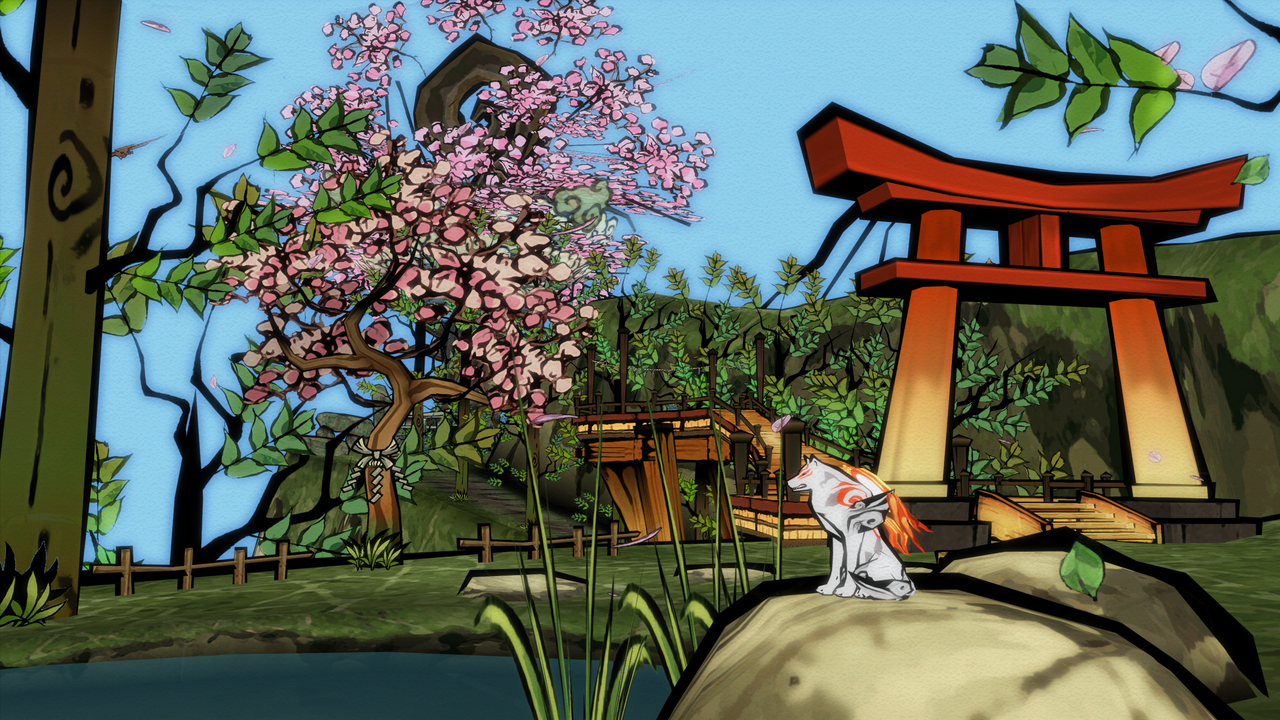Localization of games must take into account the original culture of the original
- Transfer

The Internet once again blew up a new wave of discussions (as is often the case) regarding Nintendo’s recent decision to censor the costumes of some heroes in Fatal Frame: Maiden of Black Water and Xenoblade Chronicles X. Despite some purist complaints about the new changes, most American players agree with the fact that tiny bikinis do not suit either the character of the horror game or the character of a 13-year-old girl in a role-playing game. Not surprisingly, this sparked a discussion about game localization, especially the localization of Japanese products for the United States.
In cases of Fatal Frame and Xenoblade, the decision to choose less exotic costumes for the characters was most likely a good idea. But it is completely possible that such a “domestication”, or localization under the local culture may go too far. If the studio is not careful when adapting the game, then as a result the product itself can receive such changes that will mutilate the original culture that its creators put into the game.
In other words, it may turn out that you will not play at all the game that was intended by its developers. And this can be safely called a problem.
The problem of adapting the product to the local market is the result of a deeper question: Americans, as a rule, prefer not to bother with the identity of other cultures, knowing nothing about them. You can call it anything you like - “American exceptionalism” or “patriotism” (I personally like the definition: “neo-Puritan illusion of superiority”, but this is a lyrical digression) - however, the United States is famous for its deep-rooted disregard for the rest of the world. So, if a Japanese company wants to make a profit in the United States, it is best to make the game so that it resembles an American product as much as possible - either initially, or thanks to localization.
Minor changes, such as replacing Japanese dishes with American ones in the game, may deprive the experience of learning a different culture, but in general they cannot significantly change the meaning of the game. However, significant changes regarding the main theme of the game or content, with the aim of adapting it to American culture, will not only distort the nature and essence of the game, but also increase the cultural gap between America and other countries (like Japan, for example).
Take, for example, those elements of Japanese culture (even banal ones) that the Americans learned about from games: anti-aging hot springs in Pokémon and Mother 3; memorable banal hero of Japanese folklore Tanuki from Mario 3; or the art and mythology that Okami is saturated with. Games are an important means of communication and understanding between cultures, especially between Japan and the United States.

Games like Okami are culturally important.
And therefore, it is very important that gamers themselves require the gaming industry to treat games as the cultural heritage that they are and to ensure that when localizing for the American market in games, their original original culture and message are preserved. The Americanization of Japanese games is an insult to both Japanese developers and modern American gamers, whose level of intelligence is questioned by the very fact of the adaptation of games. For example, titles such as Skyrim, Minecraft, World of Warcraft and Fallout are massive, multifaceted and extremely popular games that confirm that modern gamers are smart, resourceful and interested in discovering new things.
According to the opinion of Clyde Mandelin, creator of the unofficial localization of Mother 3 and translator Funimation, only in recent years did the idea of preserving the authenticity of video games appear, and also began to take root in them as works of art, and “over time and growing up games, attention to the smallest detail at different levels of localization will be more appreciated by both gamers and developers. "
It is difficult to disagree with him: interest in other cultures is beginning to awaken in the United States, which has become especially noticeable during the first several decades of the Internet, and gamers are one of the most suitable people to stimulate the further development of this trend. We just need to start demanding the same from publishers.
